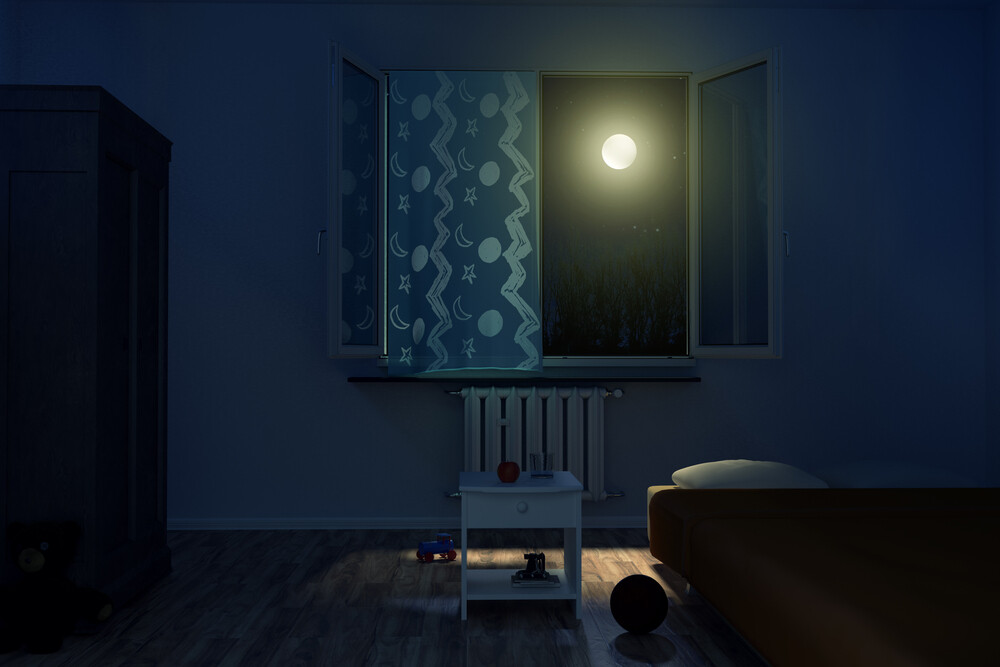Noise, pollen or season: Whether the window is opened or closed at night depends on many factors. But what is actually healthier for your sleep?
So you get optimal sleep
For many couples the question of whether the window is opened or closed at night can become a real question of faith. Dr. Christopher Winter, chief physician for neurology and sleep medicine in Charlottesville, Virginia, writes in the “Huffington Post” that the optimal bedroom temperature is between 15 and 19 degrees Celsius. Studies have shown that temperatures in this range help your body to secrete the sleep hormone melatonin. And this has ultimately proven to be a tool in the fight against cancer, diabetes and Alzheimer’s disease. A temperature above 23 degrees Celsius and below twelve degrees Celsius, on the other hand, has a disturbing effect on sleep.
The principle for good sleep is quite simple: your body temperature fluctuates throughout the day, with a peak in the late afternoon. As soon as you go to bed, the temperature begins to drop – your body cools down. By opening the window to sleep, you help it to lose heat and get to sleep faster. As soon as the temperature in the room is too high or too low, your body tries to regulate its own heat state. And this ultimately leads to you turning back and forth all night and not finding a healthy, deep sleep.
What else you should know
Dr. Winter is sure that sleeping in a warm environment not only takes away your deep sleep, but also the ability to fall asleep quickly. He emphasizes in this regard: “Deep sleep is important to start the next day refreshed and well-rested.” So especially people with sleep disorders should definitely follow the recommendation for the optimal bedroom temperature. Of course, the question of whether or not to open the window also depends on the time of year and the noise level in front of the bedroom window. Nevertheless, especially in summer, it is recommended to open the window to promote air circulation in the room.
Most experts support the theory that a cooler environment promotes sleep quality. There are also some older studies that have shown that a warm environment helps fight insomnia. However, there is controversy among researchers as to whether this effect is due to the warming or the subsequent cooling of the body.

